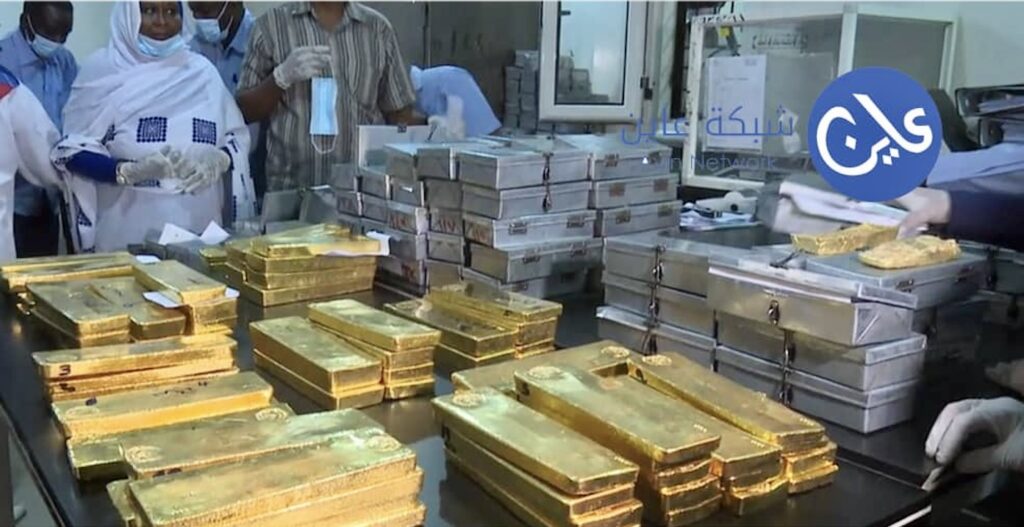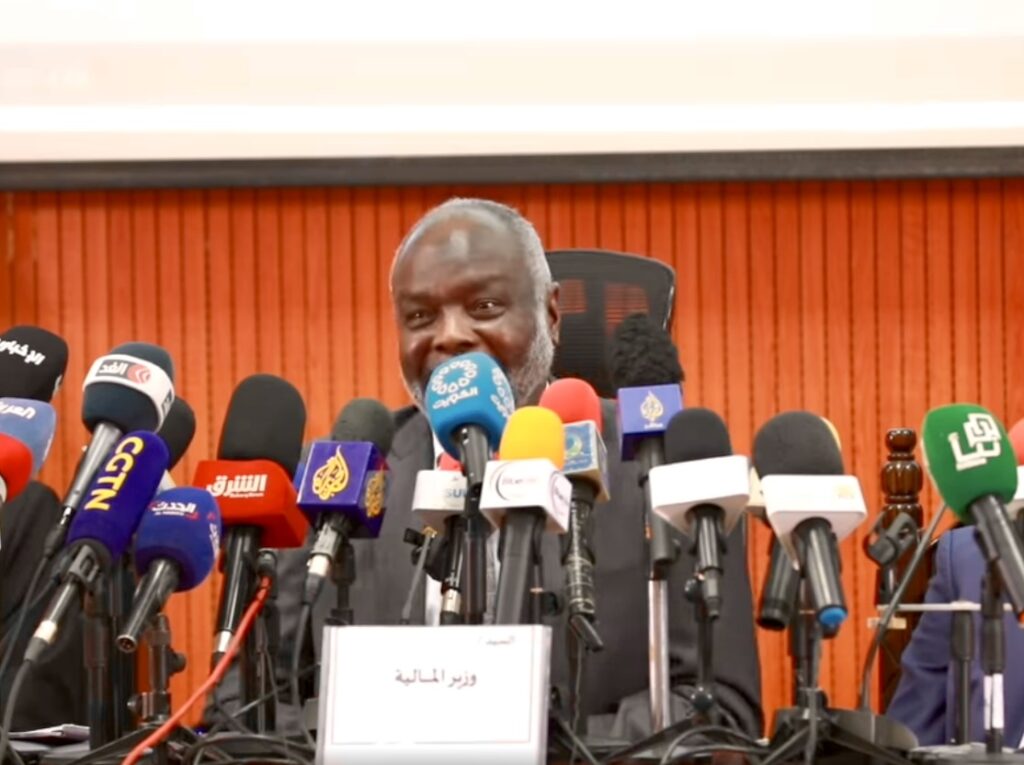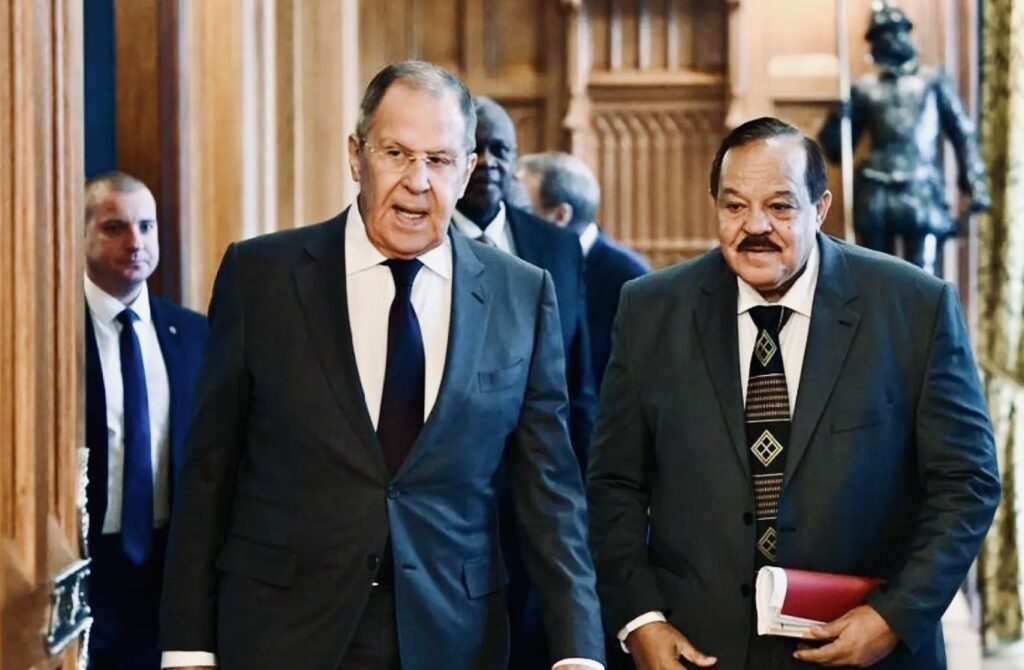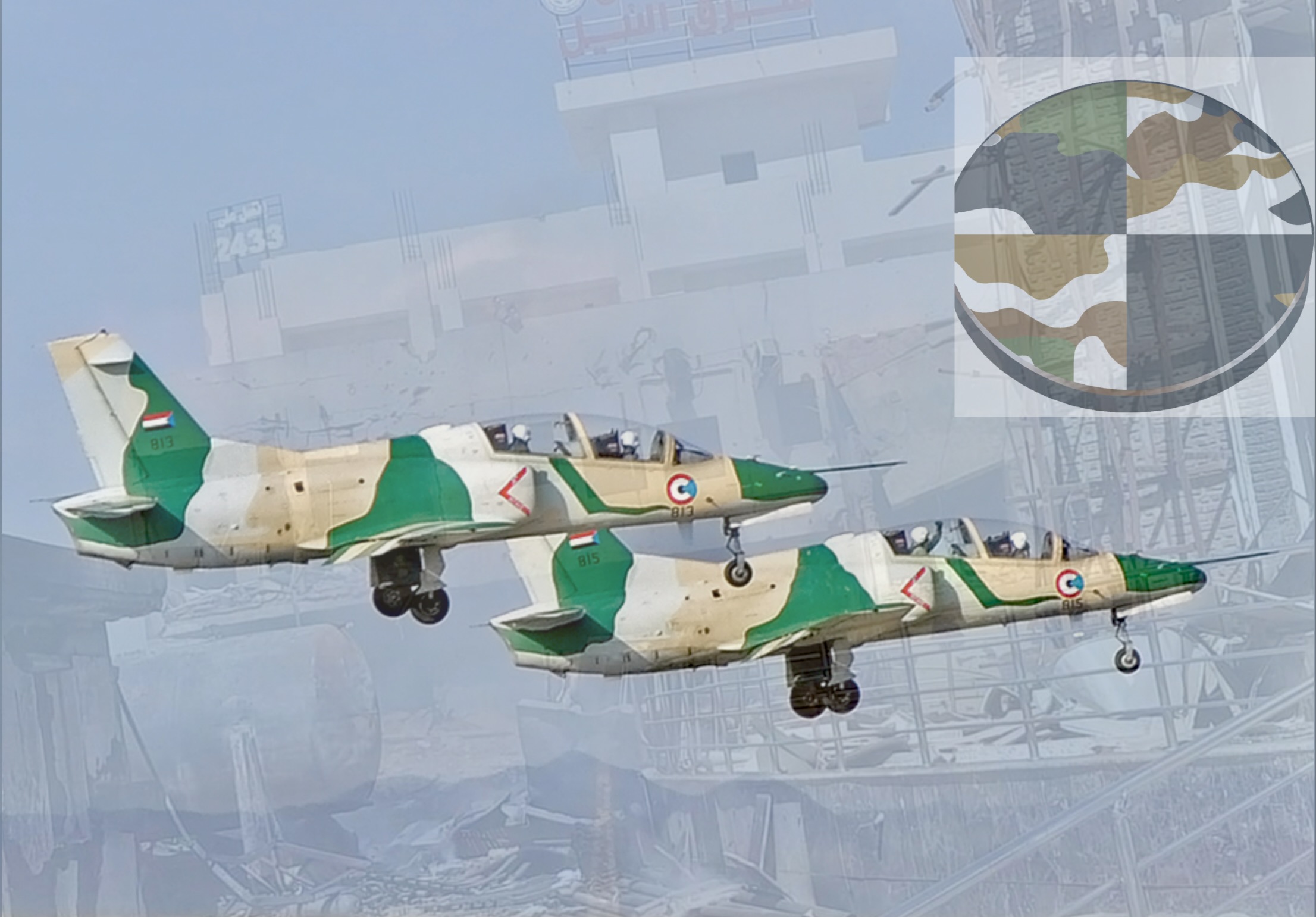Leaked budget boosts military spending, cuts critical services further
A leaked 2025 budget under the army-controlled de-facto government in Port Sudan will increase military spending this year while curb costs even further for health and education services and raise custom duties for basic commodities. Military spending is estimated to encompass 90% of Sudan’s 2025 budgetary spending with some economists estimating a total expenditure of 6.3 billion US dollars, leaving 700 million for all other services.
In comparison, a meagre 17 billion Sudanese Pounds (roughly $6.5 million) is allocated for health and education services under the current 2025 budget, says economist Badr Khalaf Allah, limiting it to irregular wage payments for employees in both sectors. Living monthly wages of most state employees remains at 150,000 Sudanese Pounds (roughly $58 dollars) while the average monthly living costs that includes health care is an estimated 1.5 million Sudanese Pounds (roughly $577), says economic researcher Samaher Abdel Latif.

Taxed for war
According to a financial advisor within the military government who spoke to Ayin on condition of anonymity, the army-controlled government’s budget depends entirely on direct taxes, customs, and the gold mining sectors.
Millions of citizens face enormous challenges due to the continuous increase in customs duties. Between November and December 2024 and January 2025, the customs tax increased three times in a row, from 1,250 to 1,600 and then to 1,700 Sudanese Pounds, according to workers at custom clearance offices. The same sources expect custom taxes to increase again later this year.
“The Ministry of Finance collects huge taxes from imports and has imposed exorbitant fees that even include production inputs, while deleting the exemption list issued years ago,” Badr Khalaf told Ayin. These taxes have risen prices for basic good by 20% in January and are expected to rise by a stifling 50% this month, he added.
Taxes collected under the army-controlled government are then used for major youth recruitment campaigns, says economist Mohamed Ibrahim.“Camps in Omdurman, Port Sudan, Kassala, and Gedaref have recently witnessed the graduation of no less than 50,000 fighters, along with armament operations,” Ibrahim told Ayin. “All of this is at the expense of citizens’ livelihoods by raising custom duties and imposing fees on fuel and consumer goods.” The economic desperation of civilians fleeing the conflict is all part of the army’s cynical strategy, he said, ensuring a steady flow of military recruitment as the sole form of employment.

Higher taxes with no cash to pay for it
While authorities in the army-controlled areas increase taxes on the public, they are also denying the public access to cash to pay them. After partially introducing a new currency in the army-controlled areas late last year, few citizens have managed to access the new bills, bank managers told Ayin. A new 1,000 Sudanese Pound note was introduced but few were printed and pumped into the market, forcing citizens to queue for hours in Sudanese banks with severe limits placed on withdrawal amounts.
“People are used to queueing at banks to get cash with a daily ceiling not exceeding 200 thousand pounds (roughly $77),” says Marwan Hashem, a bank employee from Atbara, River Nile State. “Even if you have millions of pounds in your bank account, they will not give you more than this amount.”
Muhammad Bashir, a banking sector researcher, believes Port Sudan authorities simply did not have the finances to roll out the new currency to meet citizens’ demands. “The currencies printed by the Central Bank when the currency was partially replaced at the end of last year were not in large quantities; because printing is expensive, and cost the government $70 million at the end of 2024,” Bashir told Ayin. “So the ministry of finance plans to print currencies again outside the country, and most likely did not find sufficient funding for the second phase.”
Finance Minister Jibril Ibrahim responded to this crisis, claiming the government was deliberately taking these measures to transfer traditional cash payments to an electronic payment system and encourage civilians to open bank accounts.
According to a former investment banker who requested anonymity, the decision to change the currency in the army-controlled areas and limit the amount of this new currency in circulation was a purely political decision —designed to economically strangle the Rapid Support Forces with no consideration for the country’s citizenry. “The government did not pump in large amounts of [the new] money first before going to the electronic system,” he told Ayin. “It is not possible to deprive about 15 million people of their money and expect them to stand in long lines for 200,000 Sudanese Pounds while the inflation rate eliminates this amount in a few hours.”

No foreign funding
The war also dashed hopes of creating a foreign exchange reserves at the central bank, which is now struggling to find a way to print local currency to meet the liquidity crisis, according to a financial adviser at the bank, also requesting anonymity for security reasons.
“Sudan does not have any promises regarding obtaining international funding exceeding $500 million during the year 2025,” the advisor told Ayin. Finance Minister Ibrahim had high hopes of loans from the gulf countries along with gold and oil investments from Russia, the advisor said, but this has not materialised. “Countries usually do not prefer to lend to bankrupt governments and, at the same time, insist on waging wars.”



